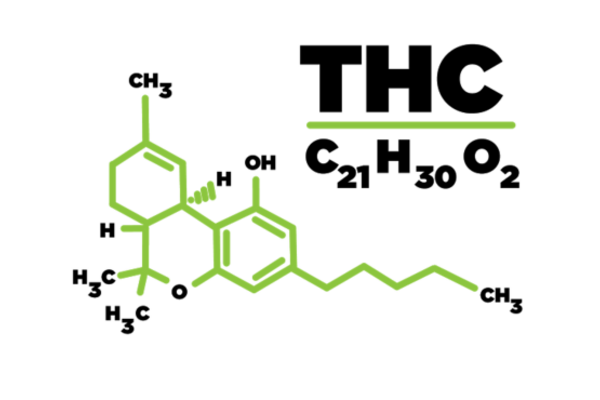In a significant move that promises to reshape the landscape of the CBD market in the United Kingdom, the government released an update on the 24th of October offering nuanced perspectives on controlled phytocannabinoids. These updates aim to ensure the safety and efficacy of consumer CBD products while tackling the potential misuse of such substances.
The CTA gave advice to its members following Government response to the ACMD advice on consumer CBD Products last week and delighted that this is now confirmed on the .GOV website.
Firstly, the government indicated that extraction of controlled phytocannabinoids from consumer CBD products for illicit use is unlikely to be feasible. This dispels concerns that CBD products could serve as a backdoor to controlled substances, thus adding a layer of credibility to the CBD industry.
Secondly, the document highlights the need for setting specific limits on the THC and its precursor THCA in consumer products. It recommends a dose limit of 50 micrograms (µg) in a unit of consumption for total THC. Such regulations would work towards preventing any pronounced psychoactive/psychotropic effects and ensuring consumer safety.
Marika Graham-Woods, Executive Director of the Cannabis Trades Association (CTA), stated, "These recommendations are a welcome step in the right direction. Defining specific limits provides clarity to consumers and manufacturers alike. It brings the UK in line with many other countries and ensures that the CBD market remains both safe and reputable."
Contrary to a 'one-size-fits-all' approach, the government advises that a single concentration limit across all consumer CBD products would be inappropriate, recognising the complexity and diversity within the product range.
The update also calls for further research, particularly concerning the conversion of CBD to THC through extreme heating—a pertinent question for CBD vaping products. Moreover, it highlights the need for standardisation in extraction, separation, and quantification methods to ensure accuracy and reproducibility.
Lastly, it recommends that laboratories assessing compliance should be accredited to ISO standards, further elevating the importance of quality control within the industry.
The recent guidelines represent a balanced approach, aiming to legitimise and regulate an industry often beset by ambiguities. It sets the stage for a more secure and credible CBD market, providing both consumers and manufacturers with guidelines that are long overdue.







